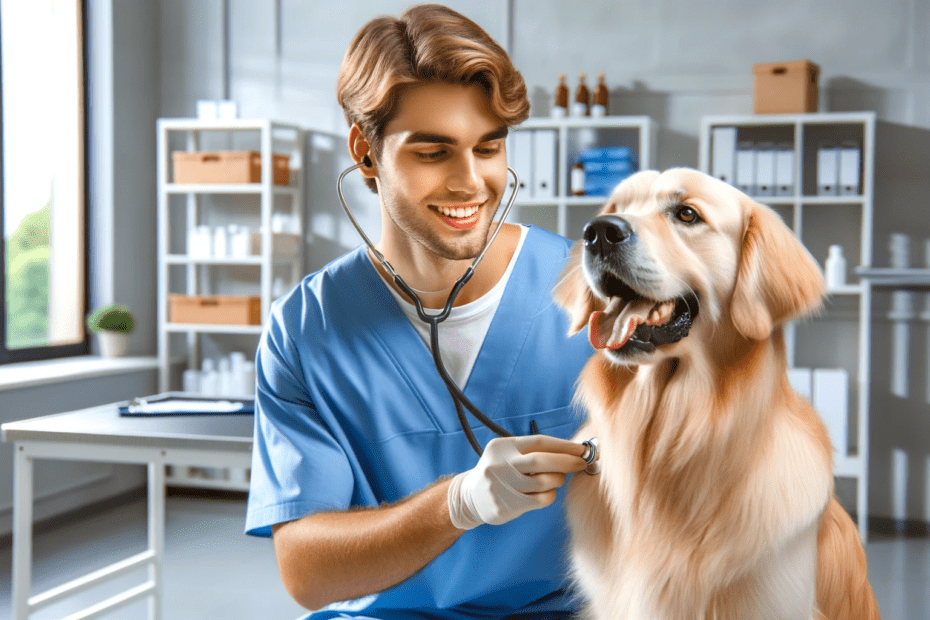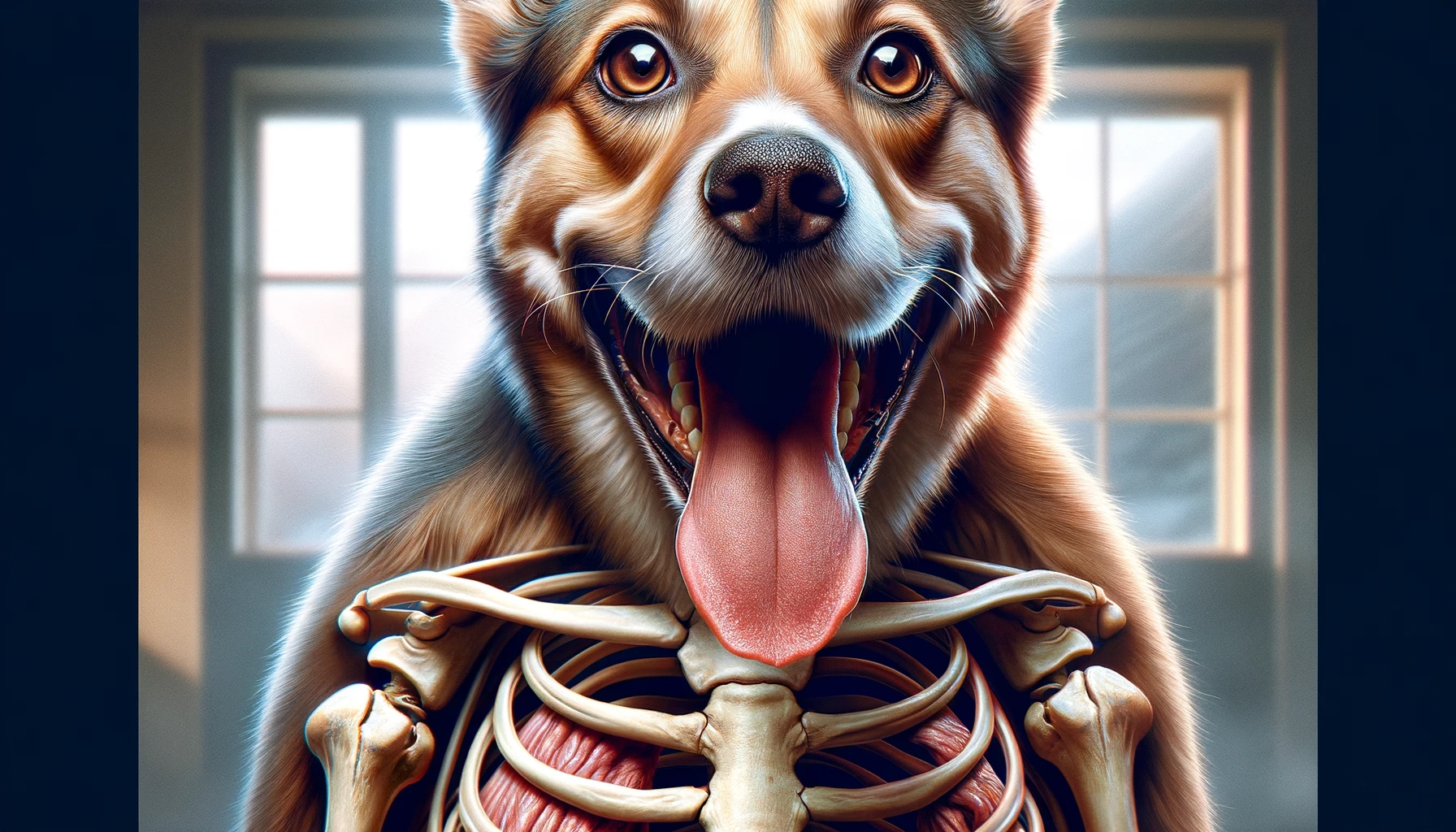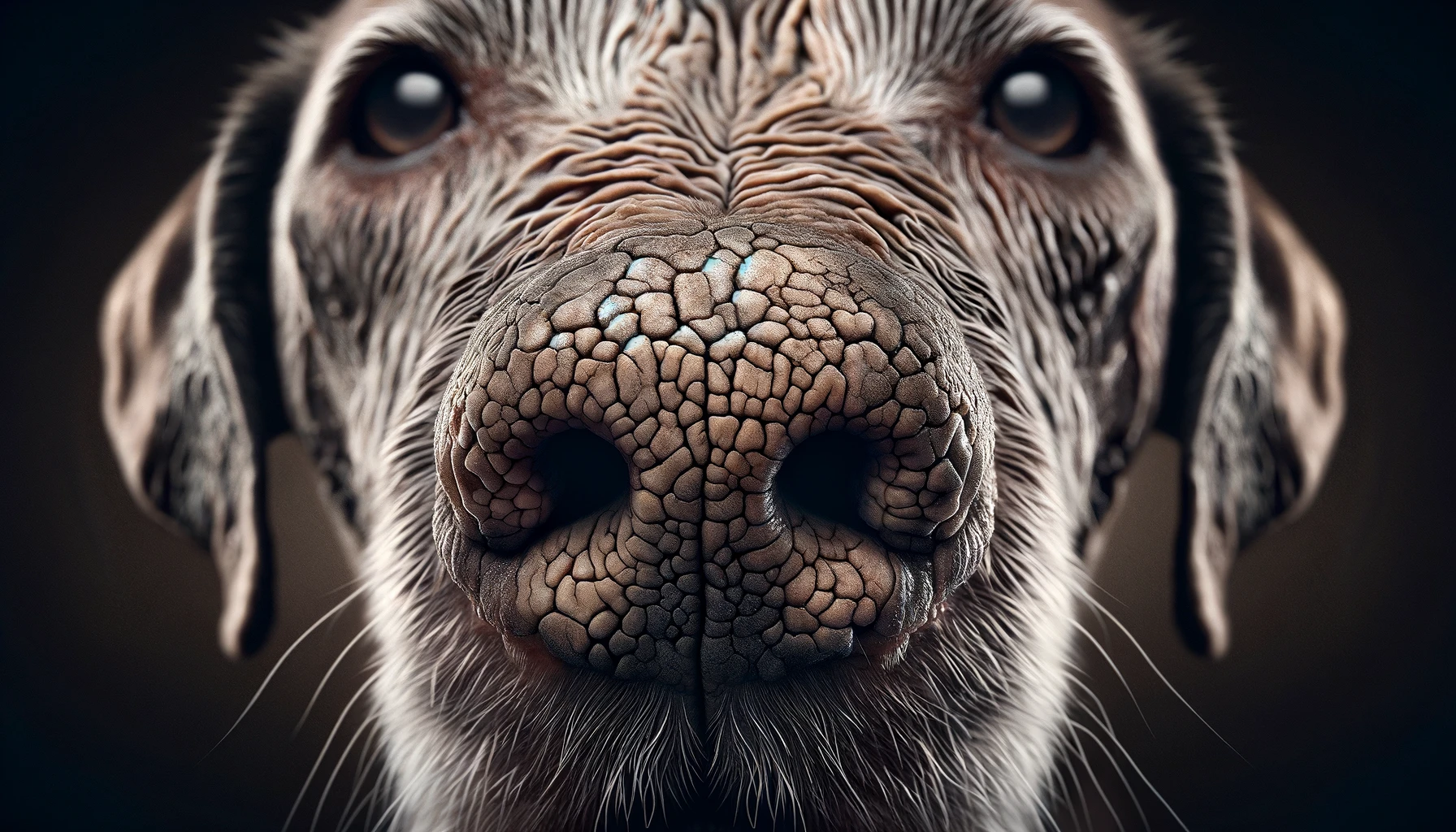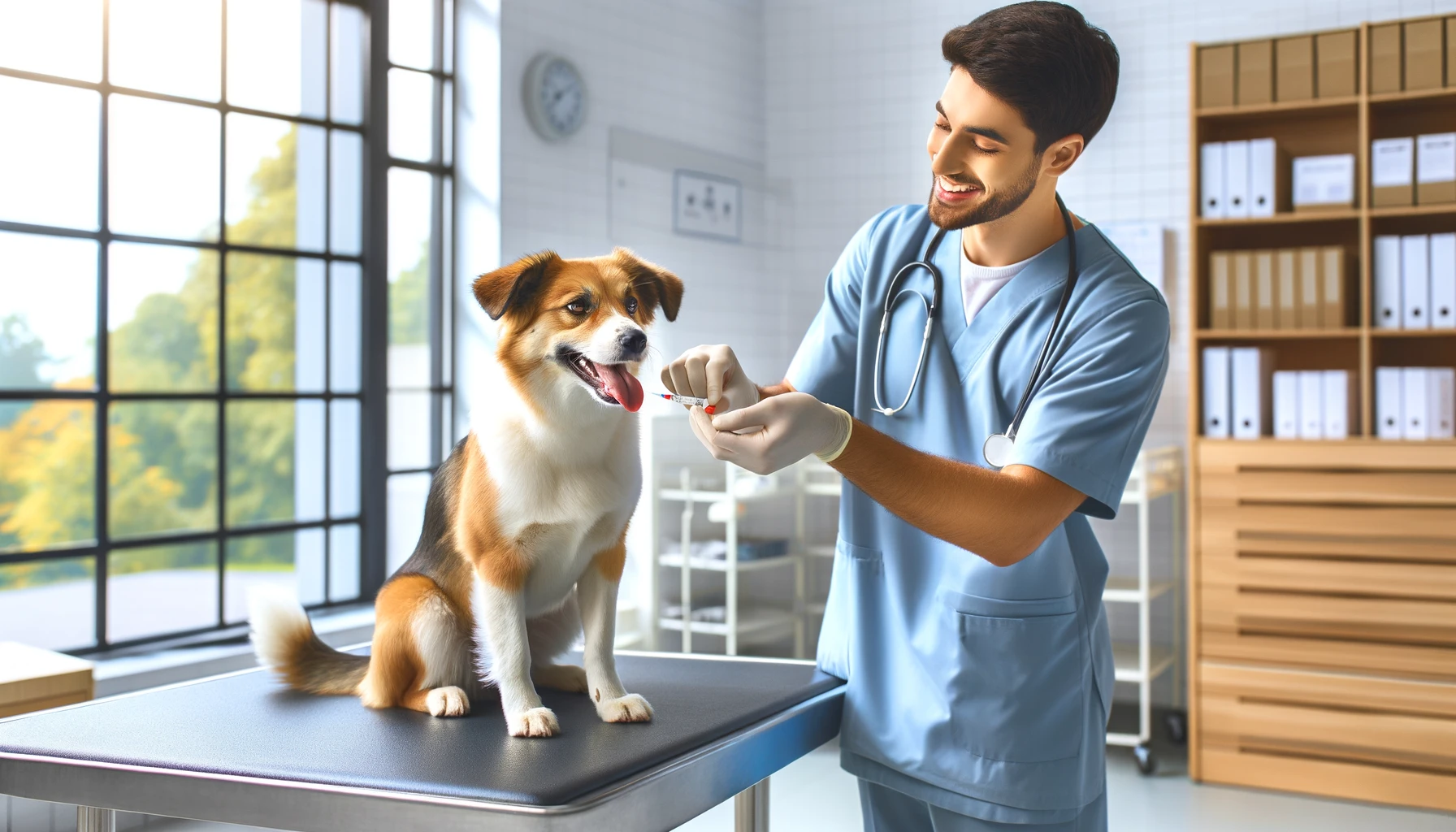Are you a dog owner looking to ensure the health and well-being of your furry friend? Look no further! In this article, we will dive into the basics of dog health care.
Discover the importance of proper nutrition, regular exercise, and preventive veterinary care. Learn how to maintain dental hygiene, control parasites, and manage your dog's weight.
Equip yourself with the knowledge to recognize and address common health issues. Your dog's health is in your hands, so let's get started!
Key Takeaways
- Choose high-quality dog food formulated for age, size, and breed
- Dogs need exercise for good health and to prevent obesity
- Regular check-ups with a veterinarian are essential for well-being
- Regularly brush dog's teeth to prevent plaque and tartar buildup
Proper Nutrition for Your Dog
To ensure optimal health for your dog, it's essential to provide them with proper nutrition. When it comes to dog food options, there are a few key factors to consider.
First, you want to choose a high-quality dog food that's specifically formulated for your dog's age, size, and breed. Look for dog foods that list real meat as the first ingredient and avoid those that contain fillers or artificial additives.
It's also important to consider any specific dietary needs or sensitivities your dog may have. If your dog requires a special diet, such as grain-free or limited ingredient options, make sure to choose a food that meets those requirements.
Additionally, you may want to consider adding dietary supplements to your dog's diet. These supplements can help support their overall health and well-being, especially if they have specific health concerns or conditions. However, it's important to consult with your veterinarian before adding any supplements to your dog's diet to ensure they're safe and appropriate.
Regular Exercise and Physical Activity
Get your dog moving and keep them healthy with regular exercise and physical activity. Just like humans, dogs need exercise to maintain good health and prevent obesity. Regular exercise helps to strengthen their muscles, improve their cardiovascular system, and maintain a healthy weight.
One great way to provide both physical activity and mental stimulation is through dog agility training. This sport involves navigating a course of obstacles, such as jumps, tunnels, and weave poles. Not only does it provide a physical workout, but it also challenges your dog's problem-solving skills and enhances their coordination.
Besides agility training, there are many other ways to keep your dog active. Daily walks, playing fetch, and swimming are all excellent options. However, it's important to consider your dog's breed, age, and overall health when determining the appropriate level and type of exercise.
Remember to always start with shorter sessions and gradually increase the intensity and duration. Regular exercise and physical activity are essential for your dog's well-being, so make it a priority to keep them moving and mentally stimulated.
Preventive Veterinary Care and Vaccinations
Make sure you prioritize your dog's health by providing preventive veterinary care and vaccinations. Regular check-ups with a veterinarian are essential for maintaining your dog's well-being. During these visits, your vet will conduct a thorough examination to identify any potential health issues and provide the necessary treatments or recommendations.
Additionally, vaccinations are crucial for protecting your dog against various diseases. Vaccines stimulate the immune system to produce antibodies that fight off specific infections. By keeping your dog up to date with vaccinations, you can prevent them from contracting potentially life-threatening illnesses. Your vet will create a vaccination schedule based on your dog's age, breed, and lifestyle.
Apart from preventive care and vaccinations, canine nutrition plays a vital role in maintaining your dog's overall health. Feeding your dog a balanced and nutritious diet supports their immune system, promotes healthy growth, and prevents obesity-related health problems. It's important to provide your dog with a diet that meets their specific nutritional needs.
Lastly, incorporating regular exercise routines into your dog's daily life is essential for their physical and mental well-being. Exercise helps prevent obesity, improves cardiovascular health, and keeps your dog mentally stimulated. A combination of aerobic exercises, such as brisk walks or fetch, and mental stimulation activities, like puzzle toys or training sessions, will keep your dog active and happy.
Prioritizing preventive veterinary care, vaccinations, proper nutrition, and regular exercise will ensure that your dog lives a long, healthy, and happy life.
Dental Hygiene and Oral Health
To keep your dog's teeth healthy and prevent dental issues, it's important to brush their teeth regularly.
Regular dental check-ups are also crucial to identify any potential problems early on.
Brushing Dog's Teeth
You should regularly brush your dog's teeth to maintain their dental hygiene and oral health. Here are some important points to consider:
- Brushing your dog's teeth helps prevent plaque and tartar buildup, which can lead to gum disease and tooth decay.
- Regular brushing also helps freshen your dog's breath, making their kisses more enjoyable.
- Start by introducing your dog to the toothbrush and toothpaste gradually, using positive reinforcement to make it a positive experience.
- Use a toothbrush and toothpaste specifically designed for dogs, as human products can be harmful to them.
Importance of Dental Check-Ups
Regular dental check-ups are an essential part of maintaining your dog's dental hygiene and oral health. Just like humans, dogs can develop dental problems such as gum disease, tooth decay, and oral infections. By scheduling regular check-ups with your veterinarian, you can ensure that any dental issues are detected early and treated promptly.
During these check-ups, a professional will examine your dog's teeth and gums, looking for signs of disease or decay. They may also recommend professional dental cleanings to remove plaque and tartar buildup, which can lead to more serious problems if left untreated.
In addition to regular check-ups, you can also help maintain your dog's dental hygiene by brushing their teeth regularly and providing dental hygiene products recommended by your veterinarian. Taking these steps will help ensure that your dog's teeth and gums stay healthy and strong for years to come.
Parasite Control and Prevention
Ensure your dog's health by effectively controlling and preventing parasites. Parasites can cause a range of health issues in dogs, from mild discomfort to severe illness. By implementing parasite prevention methods, you can keep your furry friend safe and healthy.
Here are four common parasites in dogs and how to control and prevent them:
- Fleas: These tiny insects can infest your dog's fur, causing itching, irritation, and even transmitting diseases. Use flea prevention products, such as topical treatments or flea collars, to keep these pesky parasites at bay.
- Ticks: These blood-sucking parasites can transmit serious diseases, such as Lyme disease, to your dog. Regularly check your dog for ticks, especially after outdoor activities, and use tick prevention products, such as spot-on treatments or tick collars.
- Heartworms: These worms live in the heart and blood vessels of infected dogs, causing severe damage to the heart and lungs. Administer monthly heartworm preventives, prescribed by your veterinarian, to protect your dog from this potentially fatal parasite.
- Intestinal worms: Common types include roundworms, hookworms, whipworms, and tapeworms. These parasites can cause digestive issues and other health problems. Regularly deworm your dog with appropriate medications to eliminate and prevent intestinal worms.
Monitoring and Managing Your Dog's Weight
To maintain optimal dog health, it's essential to monitor and manage your furry friend's weight effectively. Just like humans, dogs can also become overweight or obese, which can lead to various health problems such as joint issues, heart disease, and diabetes. Tracking calories and practicing weight management techniques are crucial to ensure your dog stays healthy and happy.
First and foremost, it's important to keep an eye on your dog's calorie intake. Different breeds and sizes have different dietary requirements, so consult with your veterinarian to determine the appropriate amount of food for your dog. Be mindful of treats and table scraps, as they can contribute to excess calories.
In addition to monitoring calorie intake, regular exercise is vital for weight management. Engage your dog in daily physical activities such as walks, playtime, and interactive toys. This not only helps burn calories but also keeps your dog mentally stimulated.
Furthermore, it's essential to regularly weigh your dog and keep a record of their weight. Sudden weight gain or loss can indicate underlying health issues, so consult with your veterinarian if you notice any significant changes.
Recognizing and Addressing Common Health Issues
If your dog experiences common health issues, such as allergies or digestive problems, it's important to take prompt action and seek veterinary care. These common health issues can be managed effectively with the right approach. Here are some key points to recognize and address these issues:
- Common skin conditions: Dogs can develop various skin conditions, including dermatitis, hot spots, and mange. Look out for symptoms such as itching, redness, hair loss, or sores. Regular grooming, proper hygiene, and a balanced diet can help prevent and manage these conditions.
- Managing allergies: Dogs can be allergic to certain foods, environmental factors like pollen or dust, or even certain materials. If you notice your dog scratching excessively, sneezing, or having gastrointestinal issues, it may be an allergic reaction. A veterinarian can help identify the allergens and recommend a suitable diet or medication to manage the allergies.
- Digestive problems: Dogs can experience digestive issues like vomiting, diarrhea, or constipation. These can be caused by dietary changes, food allergies, or underlying health conditions. Monitor your dog's bowel movements and consult a vet if you notice any abnormalities. They can recommend a suitable diet or prescribe medication to alleviate the digestive problems.
- Dental issues: Poor dental hygiene can lead to gum diseases, tooth decay, and bad breath. Regular teeth brushing, dental check-ups, and providing dental chews or toys can help maintain your dog's oral health.
Frequently Asked Questions
How Often Should I Bathe My Dog?
You should bathe your dog regularly to keep them clean and healthy. Follow these dog bathing tips: use a dog-friendly shampoo, avoid getting water in their ears, and dry them thoroughly afterwards.
What Are Some Common Signs of Dental Problems in Dogs?
Regular dental check-ups are essential for your dog's overall health. Signs of dental problems in dogs include bad breath, loose or missing teeth, and difficulty eating. Prevent these issues by brushing your dog's teeth regularly and providing dental chews.
How Can I Prevent My Dog From Getting Fleas and Ticks?
To prevent fleas and ticks in your dog, use natural remedies like essential oils and regular grooming. Check for any signs of infestation, and consult with your veterinarian for the best prevention methods.
Are There Any Specific Foods That I Should Avoid Feeding My Dog?
Avoid feeding your dog certain foods like chocolate, grapes, and onions as they can be toxic. Instead, opt for a balanced diet of dog-friendly foods. Remember, proper nutrition is essential for your dog's overall health.
What Are Some Signs That My Dog May Be Overweight and How Can I Help Them Lose Weight?
If your dog is overweight, look out for signs like difficulty breathing, low energy, and excessive panting. You can help them lose weight by incorporating regular exercise routines, like brisk walks or swimming.
Conclusion
In conclusion, taking care of your dog's health involves providing proper nutrition, regular exercise, preventive veterinary care, dental hygiene, parasite control, and weight management.
By ensuring these basics are met, you can help keep your dog healthy and happy for years to come.
Remember to consult with your veterinarian for personalized advice and to address any specific health concerns.
Your dedication to your dog's well-being will surely be rewarded with a lifetime of companionship and love.






